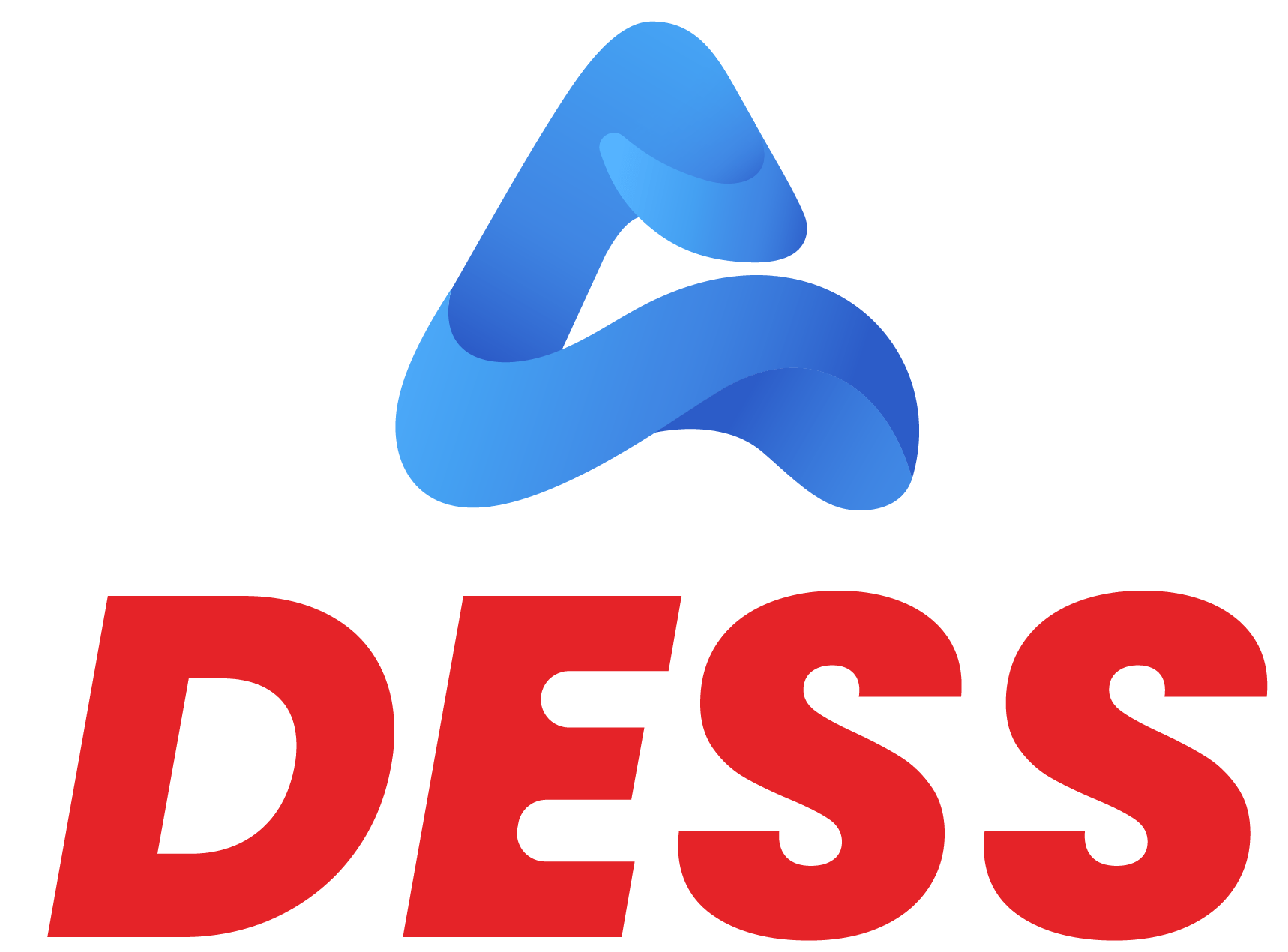Introduction:
As change is considered to be the only constant, it is imperative for responsible boards and enterprises to constantly evaluate and adopt upcoming trends relevant to business. It is seen that in many instances, the interests of stakeholders and investors in the effectiveness of the board have grown over time, which may or may not be as the wishes and expectations of governance watchers and board members. Historically, we have observed investors giving greater importance to an enterprise’s environmental supervision, performance, and reporting including ESG goals. However, recently, notably among the biggest asset managers in the global economy, investors have implemented stricter proxy-voting standards.
Over the past several years, enterprises have encountered enormous difficulties and endured a tremendous amount of change; this trend won’t stop in 2023. Businesses will need to deal with the pandemic’s after-effects, geo-political events, economic difficulties, and the rapid advancement of technology.
Evolving Trends:
The following are some of the corporate governance trends that should shape the near future:
Increased Global Regulation:
As per a recent Brookings research article, coming from an age of trade skepticism, there are rapid improvements ongoing in the international regulatory cooperation. These improvements will play an essential role in building a more integrated network of national regulatory regimes that will contribute to greater value creation and goodwill. As the world economy becomes increasingly interconnected, there will be a trend towards greater global regulation of enterprises. This will particularly impact multinational corporations, and they will need to continue to ensure further compliance with a variety of different regulatory regimes.
The Rise Of Shareholder Activism:
Shareholder activism has been on the rise in recent years, and this trend is set to continue. Investors are becoming more engaged with the companies they invest in, and are increasingly using their voting rights to influence corporate strategy. In order to improve business performance, reduce risk, and increase overall board effectiveness, investors and stakeholders require enterprises to implement correct board composition, refreshment, and assessment methods. An example of this trend is the recent case of shareholder activism at ExxonMobil Corporation. A single shareholder, Engine No. 1, a hedge fund, placed its own nominations to shift the enterprise away from fossil fuels, thereby leading the enterprise to disassociate from two of its board members.
The Growth Of Environmental, Social, And Governance (ESG) Investing:
Institutional investors in addition to retail investors are becoming increasingly interested in enterprises that have strong environmental, social, and governance management practices. The consequences of climate change on particular enterprises and society at large are well documented. One of the primary missions of the upcoming 2022 United Nations Climate Change Conference, also known as COP27, is to facilitate Governments, private enterprises and civil society to work in tandem to transform the way in which we interact with our planet. Investors increasingly demand that enterprises embrace greater standards in addressing activities connected to climate change, as well as strong progress reporting. The process of decarbonizing the world economy is continuing, and stakeholders demand that enterprises support them. This trend is likely to continue, as investors become more aware of the benefits associated with investing in enterprises that are sustainable.
Technology:
As per Deloitte UK’s recent research, ‘corporate governance’ will be a hot topic for internal IT vision and the new few years will witness many enterprises devising the technology roadmap towards stronger IT controls. With time and proliferation of internet and compatible devices and aided by advancements such as IoT (Internet of Things), artificial intelligence and machine learning among others, technology is playing an increasingly important role in corporate governance and is becoming inseparable from various corporate governance procedures. Enterprises are increasingly using technology to track and manage risk, communicate with shareholders, and comply with regulations. Similarly, technology such as Dess Digital Meetings, a complete Board Meetings Software, is changing the efficiency and effectiveness of Board Meetings.
The Increasing Importance Of Stakeholder Engagement:
Stakeholder engagement is becoming increasingly important, as companies seek to build relationships with a range of different groups. The International Finance Corporation (IFC) explains effective corporate leadership as an integration of stakeholder engagement within the core functions of boards. Such functions are but not limited to accountability, policies, control, appointment of management among others. A recent study by McKinsey and Company suggests that external engagement has grown as a priority for CEOs. Most of the respondent enterprises’ CEOs treat external engagement as a top priority which itself is a substantial increase from 2013 when this number was at forty percent. This trend is likely to continue.
The Dess Perspective:
A complete board portal solution software such as Dess Digital Meetings provides an integrated board meetings solution with paperless meetings as well as an in-built video conferencing system. This helps the Board of Directors and Management Teams to collaborate on agenda management and workflow management in addition to seamless and secure engagement. While the solution supports proceedings of the boards and committees, it also provides flexible modules for board and performance evaluation, minutes management, action-taken reports, compliance, among other end-to-end activities and with consistent 24/7 support. In the words of Dilip Ganeriwal, Founder and Managing Director of Dess, ‘Our mission is to constantly evolve ourselves and continue to solve real-world challenges. This drives our mission to maximize ease-of-use to support boards and leadership teams to analyze better, move quicker, and accomplish more’.
With comprehensive meeting records preservation, calendar integration, and the creation, and distribution of meeting notices, among other features, the Dess Board Portal is a step towards optimum corporate governance. The Board of Directors can function more efficiently without changing their habits and yet, making faster decisions.
To know more, visit: https://www.dess.digital/ or write to [email protected]



